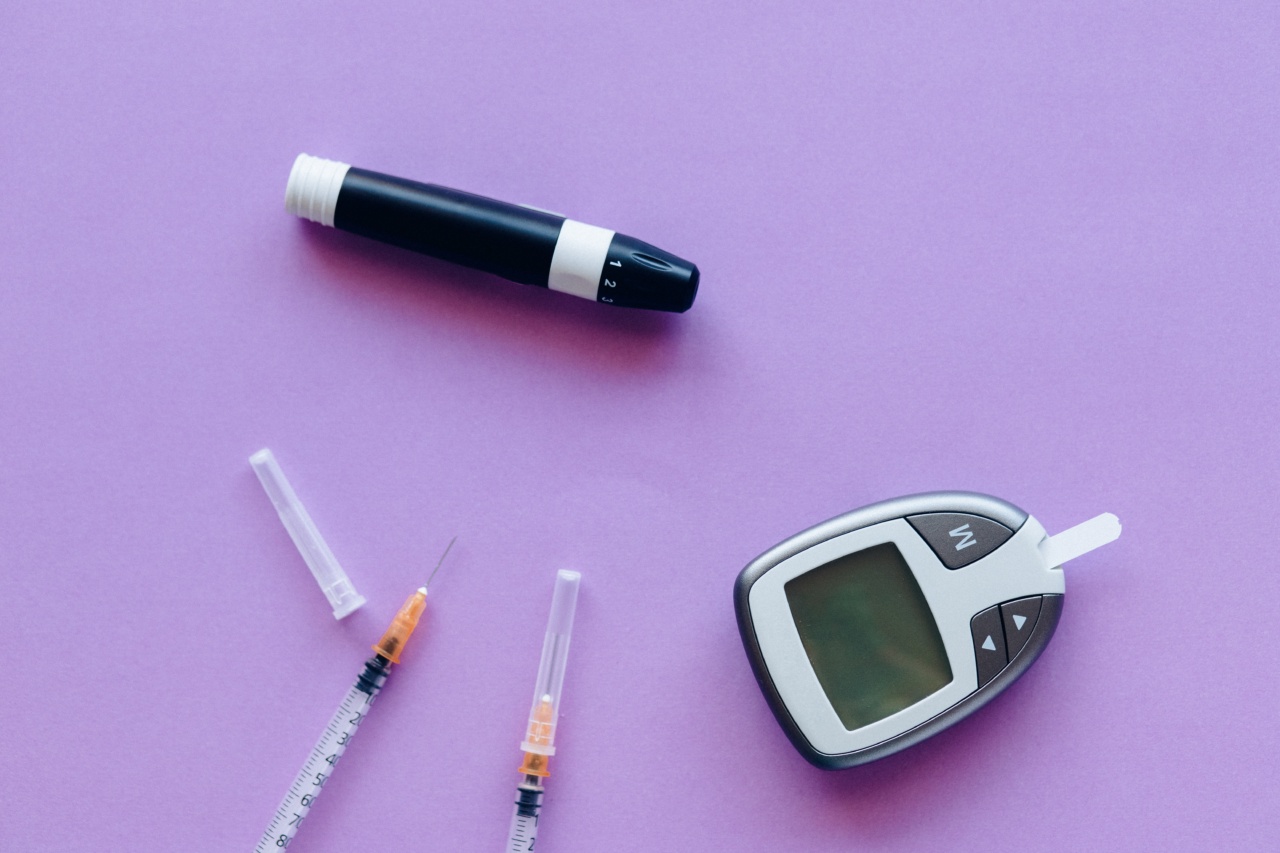Advancements in technology and medical research have paved the way for innovative diagnostic tools that could revolutionize healthcare.
One such groundbreaking development is the use of saliva tests for detecting diseases like cancer, diabetes, and dementia. Traditional diagnostic methods often require invasive procedures, cumbersome sample collection, and lengthy lab processing times.
Saliva tests, on the other hand, offer a non-invasive, efficient, and cost-effective alternative that holds tremendous promise for the future of diagnosis.
The Importance of Early Disease Detection
Early detection is critical in effectively combating serious diseases such as cancer, diabetes, and dementia. These conditions often present minimal or no symptoms during their initial stages, making early diagnosis extremely challenging.
As a result, patients may only seek medical intervention when the disease has already progressed, limiting the effectiveness of available treatments.
Saliva tests have the potential to change this scenario by providing a simple and accessible method for regularly screening individuals at risk.
Regular testing with saliva samples can detect the presence of specific biomarkers associated with different diseases. This helps medical professionals identify potential health problems at an early stage, leading to better patient outcomes.
Saliva Tests for Cancer
Cancer, one of the leading causes of death worldwide, can be particularly devastating if not detected early.
Traditional cancer screening methods, such as biopsies and imaging techniques, can be costly, require specialized equipment, and may contribute to patient discomfort. Saliva tests offer a less invasive alternative, making them an attractive option for early cancer detection.
Research has shown that specific cancer biomarkers can be accurately detected in saliva samples. For instance, scientists have identified certain proteins, DNA mutations, and RNA molecules that are indicative of various cancer types.
Saliva-based tests can identify these markers, enabling healthcare professionals to diagnose cancer in its nascent stages before it spreads, giving patients a higher chance of survival.
Saliva Tests for Diabetes
Diabetes affects millions of people worldwide and is a major cause of morbidity and mortality. Early diagnosis and management of diabetes are crucial in preventing complications, yet many individuals remain undiagnosed.
The current diagnostic methods rely on blood tests, which can be inconvenient and uncomfortable for patients.
Saliva tests offer a more convenient and easily accessible option for diabetes screening. Researchers have identified specific biomarkers, such as glucose, insulin, and various enzymes, that are present in saliva.
By measuring these markers, healthcare professionals can accurately diagnose diabetes and prediabetes, enabling early intervention and appropriate management.
Saliva Tests for Dementia
Dementia, including Alzheimer’s disease, is a progressive neurological disorder that severely affects cognitive functions.
Early diagnosis is crucial to providing appropriate care and support to patients, as well as enabling access to potential treatment options.
Saliva tests have shown promise in detecting various biomarkers associated with dementia. Researchers have identified specific proteins and genetic markers that can be found in saliva samples of individuals with cognitive impairments.
Detecting these markers through saliva tests can aid in the early diagnosis of dementia, leading to improved quality of life and more targeted therapeutic interventions.
Advantages of Saliva Tests
Saliva tests offer several advantages over traditional diagnostic methods:.
- Non-invasiveness: Collecting saliva samples is painless and requires minimal effort, making it a comfortable experience for patients. This also encourages regular screening, leading to better disease management.
- Easy sample collection: Saliva tests do not require specialized personnel for sample collection, reducing the burden on healthcare systems. Additionally, samples can be collected in various settings, including at home, making them more accessible to individuals.
- Cost-effectiveness: Saliva tests are generally more cost-effective than traditional diagnostic methods. The elimination of invasive procedures, specialized equipment, and laboratory processing can significantly reduce healthcare expenses.
- Rapid results: Saliva tests can provide rapid results, eliminating the need for lengthy laboratory processing times. This enables faster diagnosis and subsequent treatment initiation.
- Potential for early detection: Saliva tests have the potential to detect diseases in their early stages, improving patient outcomes and increasing the effectiveness of available treatments.
Challenges and Future Implications
While saliva tests show great potential, there are still challenges that need to be addressed before their widespread implementation:.
- Validation: Further research is needed to validate the accuracy and reliability of saliva tests in detecting various diseases. Large-scale clinical trials are necessary to evaluate the sensitivity, specificity, and predictive value of these tests.
- Standardization: Developing standardized protocols and guidelines for sample collection, processing, and analysis is essential to ensure consistency and reproducibility across different laboratories and healthcare settings.
- Education and awareness: Raising awareness among medical professionals, patients, and the general public about the benefits and limitations of saliva tests is crucial for successful adoption. Proper training and education are required to ensure accurate interpretation of results and appropriate patient care.
- Integration with healthcare systems: Incorporating saliva tests into existing healthcare systems and policies requires careful planning and coordination. This includes addressing regulatory and reimbursement aspects to ensure equitable access for all individuals.
Despite these challenges, saliva tests hold immense potential for revolutionizing disease diagnosis and management.
Their non-invasive nature, ease of use, cost-effectiveness, and potential for early detection make them a promising tool in the future of healthcare.




























